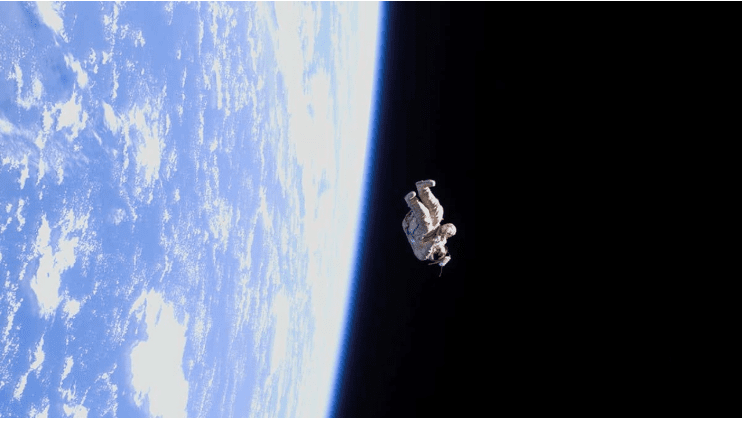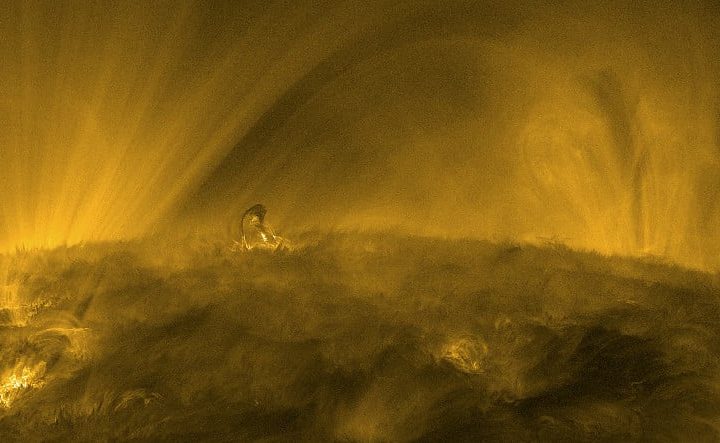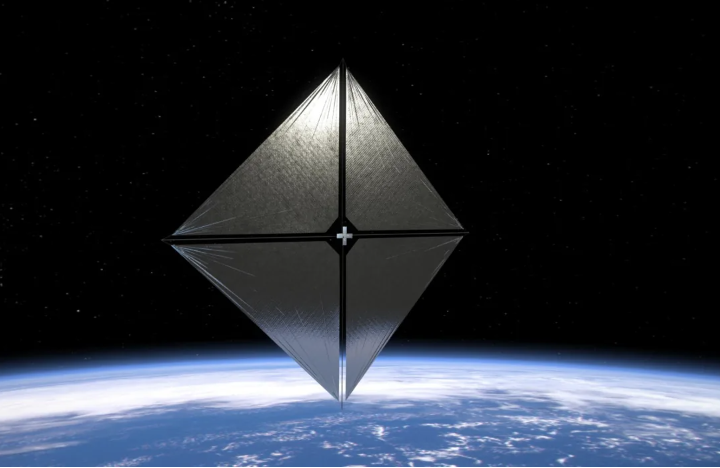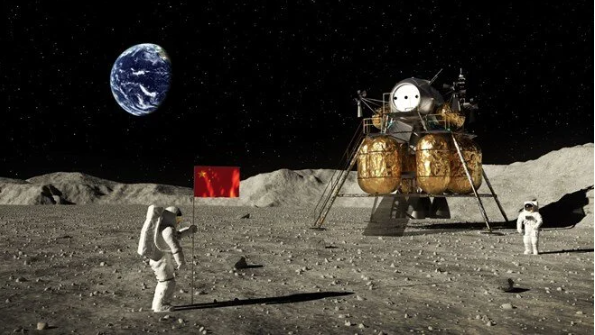Have you thought about what happens to our bodies if we die in space? We have, and we have written about this process for you, comparing it to the process on Earth…

What happens to our bodies if we die in space? Actually, many people are thinking about the answer to this question. Because space travel and even staying in space for a while is becoming easier and easier. For example, Blue Origin, SpaceX and Virgin Galactic made their first flights for space tourism this year.
- The Impact of Climate Change on Our Mental Health
- USA: Russia and China want to change the international system
- A monkey wearing a bulletproof vest is killed in a shootout with a drug gang in Mexico
With billionaires, the ultra-rich and actors like William Shatner going into space for ‘tourism’, the dream of going into space is getting closer and closer. Of course, this year’s successive flights by companies will not be the last. Billionaires like Elon Musk and Jeff Bezos say they want to make space tourism more affordable.
What happens to our bodies when we die on Earth?
Since space travel for tourism is now possible, we may reach a time when we travel to other planets for vacation in the coming years. We may even be able to live on another planet. With these developments, we are starting to think about what life and death in space will be like…
So, what happens if we die in space? For example, after death on Earth, the human body goes through a process of decomposition. In 1247, Song Ci wrote about this process in his book The Washing Away of Wrongs. According to the content of The Conversation, first the blood flow stops and livor mortis begins. That is, as a result of gravity, blood accumulates and the color of the skin changes to purple-red.
Then the body cools down (algor mortis) and the muscles stiffen (rigor mortis) due to the uncontrolled accumulation of calcium in the muscle fibers. Enzymes then break down the cell walls. However, the bacteria in our intestines spread throughout the body, damaging soft tissues. The body begins to swell and, later on, to rot and stink.
While these decomposition processes are internal to our bodies, factors such as temperature, the presence of other living things, whether the body is buried, burnt or embalmed affect the decomposition process.
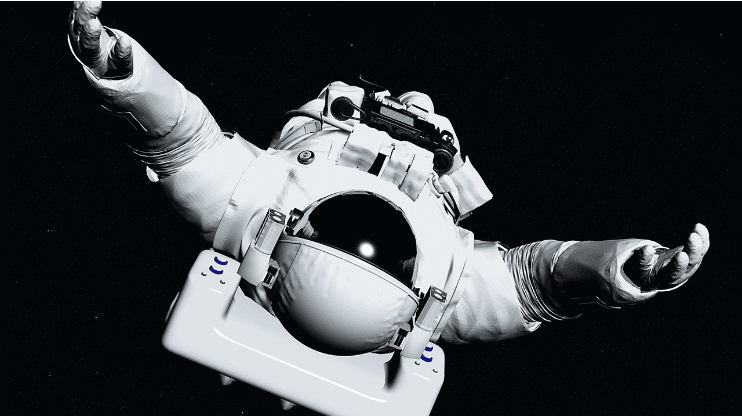
What processes will our bodies go through if we die in space?
Now, let’s talk about death in space… Which of the above processes can occur on other planets? The different gravity on other planets would certainly affect the livor mortis stage. When our body is floating in space, the lack of gravity means that blood will not accumulate.
While the process of livor mortis is affected by the space environment, rigor mortis will occur in our body inside the spacesuit. Because there is no reason to stop the factors that affect the hardening of the muscles. By the way, rigor mortis disappears about 36 hours after death.
However, if we die in space, the bacteria in the gut will still damage our soft tissues. This causes rotting, odor and the gas released makes the body bloat. But as these bacteria need oxygen to function properly, limited air supplies slow down the process considerably
Microbes in the soil around the world also help decomposition. But other planetary environments that inhibit microbial action, such as extreme dryness, increase the likelihood of soft tissue preservation. So it slows decomposition.
Decomposition in extraterrestrial conditions also affects external factors such as the skeleton. When we are alive, bone is a living substance made up of both organic matter, such as blood vessels and collagen, and crystalline inorganic matter. Normally, the organic component decomposes. For example, the skeletons we see in museums are usually inorganic remains. But in highly acidic soils on other planets, the opposite can happen. So the inorganic component can disappear, leaving only the soft tissues.
Post-mortem environmental factors in space
The decomposition of human remains on Earth forms part of the ecosystem. For example, it is recycled by living organisms such as insects, microbes and even plants. This shows a balanced system of our world. But the situation will change if we die in space.
In space, on other planets, insects and scavengers do not live, at least as far as we know. This means that our bodies cannot be recycled. But the dry desert-like conditions of Mars could affect our bodies. Because soft tissues dry out and perhaps windblown sediment could erode and damage the skeleton.
Temperature is also an important factor in decomposition. On the Moon, for example, temperatures range between 120°C and -170°C. Therefore, objects face the possibility of either changing or freezing. As we come to the end of the content, it is likely that our bodies will be preserved longer here than on Earth because there are not as many factors involved. But unlike on Earth, sunlight on other planets will cause serious damage to our skin.
Our bodies could turn into “aliens” in space. Also, if one day we establish bases on other planets, we may need to find funeral methods. By the way, there are different opinions on this subject. Of course, the spacesuit, the planet or the location of the body will affect the process.
We look forward to your comments on this topic…

